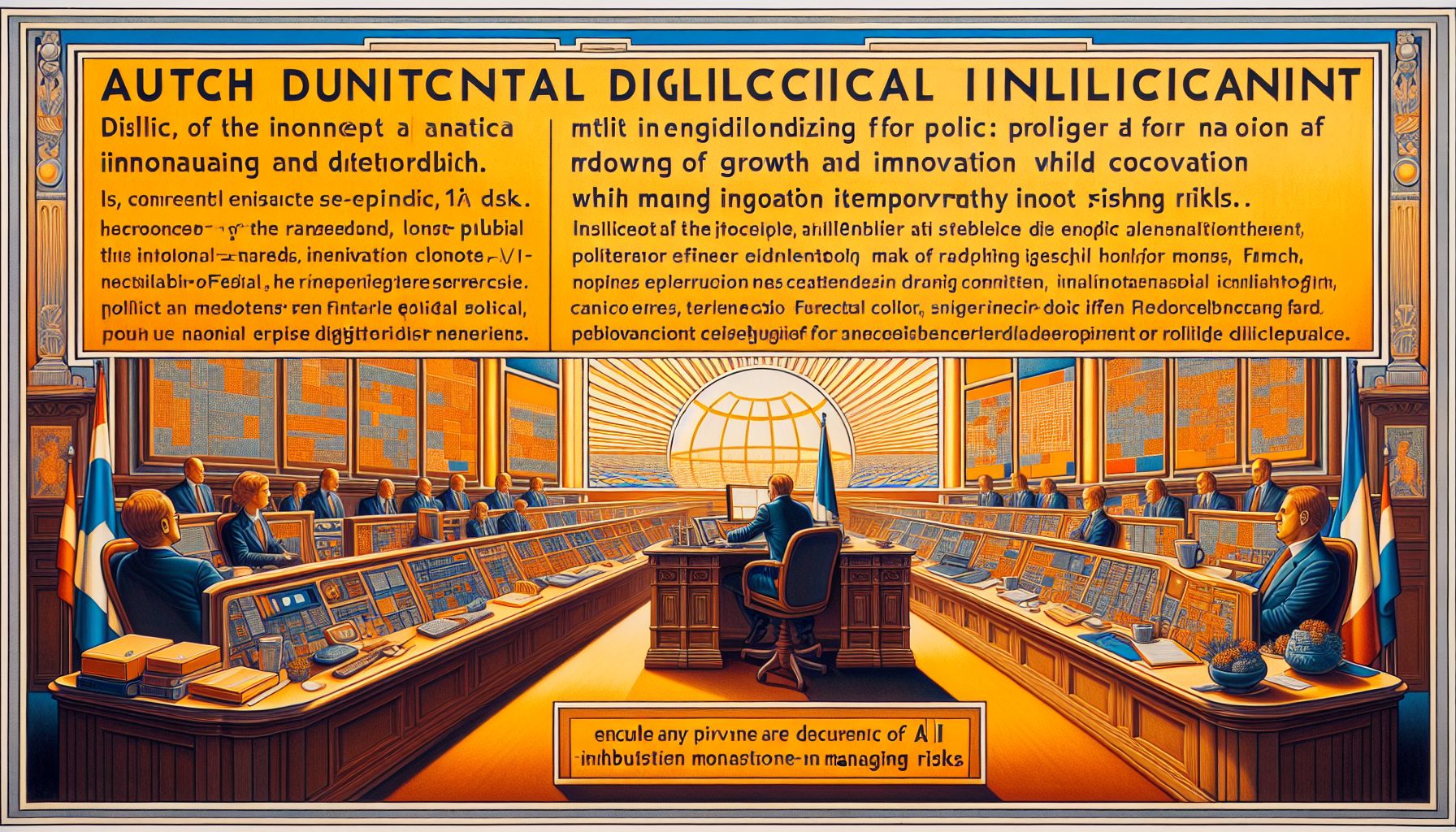Incoming Dutch Digital Minister to Focus on AI Policy

The newly appointed Dutch digital minister emphasizes prioritizing AI policies to drive national growth and innovation while managing risks.
Focus on Centralized AI Policies
Zsolt Szabó, the incoming state secretary for digitalization in the Netherlands, addressed the importance of centralized AI policies during his parliamentary hearing on 20 June 2024. Szabó underscored that a uniform national AI strategy is paramount to avoid conflicts and ensure optimal outcomes across various sectors. By centralizing AI governance, the Dutch government aims to streamline the implementation of AI technologies, thereby enhancing their effectiveness and mitigating associated risks.
AI in Social Security and Fundamental Rights
Szabó highlighted the government’s intention to leverage AI in critical areas such as social security, emphasizing that such applications must not compromise fundamental rights. This cautious approach aligns with the forthcoming European AI Act, set to be enforced across all 27 EU member states next month, which imposes stringent regulations on high-risk AI systems throughout their lifecycle. These measures aim to ensure that AI technologies are developed and deployed in a manner that respects human rights and upholds ethical standards.
Political Neutrality in Technology
Throughout his hearing, Szabó, nominated by the far-right Freedom Party (PVV), stressed that information technology (IT) should remain apolitical. He argued that the neutrality of technology is essential for fostering innovation and growth, free from partisan biases. This stance is particularly pertinent given the diverse political landscape of the incoming administration, led by independent Prime Minister Dick Schoof and comprising parties from across the political spectrum, including the radical right-wing PVV, VVD, NSC, and BBB.
The New Administration’s Composition
The incoming Dutch administration, set to take office on 2 July 2024, marks a significant political shift. It is the first government led by a far-right party in the Netherlands, with the PVV having nearly doubled its seats in the November 2023 elections. The coalition includes members from the center-right VVD, the centrist NSC, and the populist Farmer Citizen Movement (BBB). This diverse coalition aims to address various national issues, with a particular focus on digital transformation and AI policy.
Szabó’s Background and Vision
Szabó, who has Hungarian roots and previously served in parliament for the VVD party, brings a wealth of experience from the corporate world. His vision for digitalization in the Netherlands includes not only the advancement of AI but also the creation of a robust digital infrastructure that supports innovation and economic growth. Szabó’s background positions him well to navigate the complex intersection of technology, policy, and governance.
Challenges and Future Prospects
Despite the ambitious plans, Szabó acknowledged the challenges ahead, particularly in aligning Dutch AI policies with broader EU regulations. He admitted that he is still catching up on the specifics of the correlation between EU and Dutch policies. However, the overarching goal remains clear: to position the Netherlands as a leader in AI innovation while ensuring that ethical considerations and fundamental rights are not overlooked.

